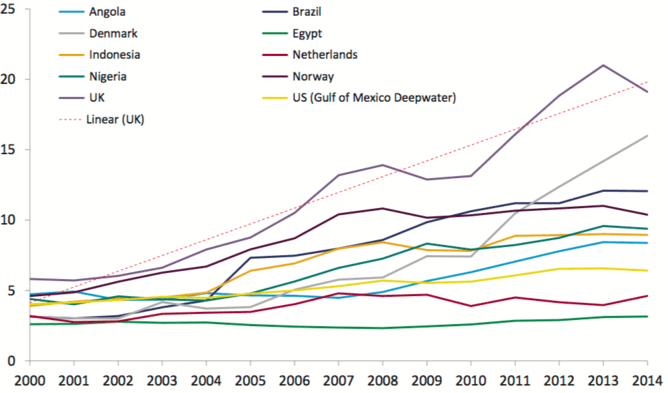High Tech Companies need not be the Inequality Bad Guys
For many cities, tech hubs have been a key to jump starting economic growth in the wake of the global financial crisis. In an era of uncertainty, tech-sector growth is proving to be a driving force for nations attempting to reach into the “next economy”.
In the UK, for instance, the sector is – optimistically – predicted to grow four times faster than GDP, while tech job growth is expected to outperform all other occupation categories by 2020.










